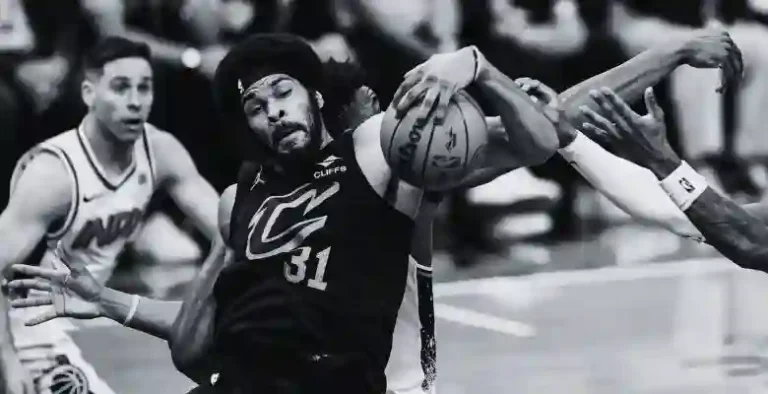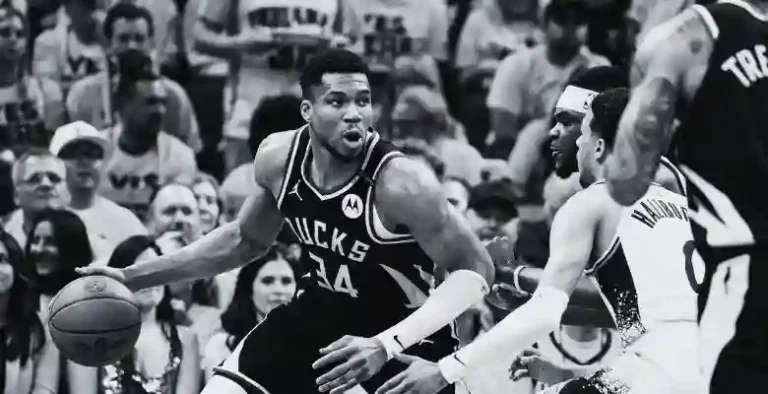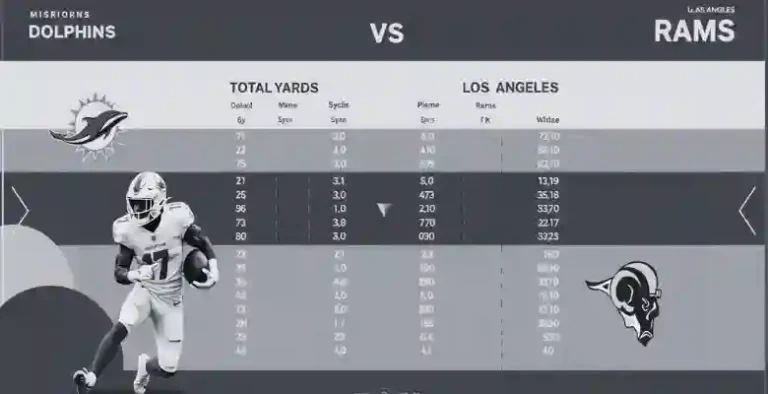
Dallas Mavericks vs Minnesota Timberwolves Match Player Stats
The NBA season never fails to deliver thrilling matchups, and the Dallas Mavericks vs Minnesota Timberwolves match player stats from their latest encounter showcased everything that makes basketball a game of strategy, skill, and heart. From Luka Dončić’s playmaking brilliance to Anthony Edwards’ explosive athleticism, the game reflected a collision of two teams built on distinct philosophies — one on finesse and precision, the other on power and pace.
This essay offers an in-depth, human-centered look at how the stars performed, what the numbers truly reveal, and why this particular game could shape the dynamics of the Western Conference race.
The Build-Up: Two Teams, One Goal
The Mavericks and Timberwolves entered the matchup with contrasting narratives. The Dallas Mavericks, led by Luka Dončić and Kyrie Irving, have built their identity around dynamic offense and elite shot creation. Meanwhile, the Minnesota Timberwolves under coach Chris Finch have emphasized defense, rebounding, and physical dominance — anchored by Rudy Gobert, Karl-Anthony Towns, and the rising star, Anthony Edwards.
Fans knew they were in for a clash of basketball ideologies: art versus architecture, freedom versus structure.
Luka Dončić’s Masterclass in Control
Dončić’s All-Around Dominance
In analyzing Dallas Mavericks vs Minnesota Timberwolves match player stats, Luka Dončić’s impact stands out like a masterpiece among sketches. He registered 34 points, 11 assists, and 8 rebounds, maintaining his uncanny ability to read defenses two steps ahead.
What’s unique about Dončić is his tempo control. Against a physically imposing Timberwolves defense, he slowed the game down, forcing mismatches on switches. Rudy Gobert, a rim protector of elite stature, was often lured to the perimeter, opening cutting lanes for role players like Derrick Jones Jr. and Maxi Kleber.
The Art of Decision-Making
Dončić’s basketball IQ doesn’t show up fully in stats. Every possession seemed like a chess move — each assist a response to defensive pressure. His pick-and-roll chemistry with Dereck Lively II was especially effective, generating 1.18 points per possession according to synergy tracking data.
This efficiency shows that Dončić is not merely a scorer but a conductor — orchestrating Dallas’s offensive rhythm with surgical precision.
Kyrie Irving: The Finisher and Firestarter
Offensive Flare
If Dončić is the mind, Kyrie Irving is the heart of the Mavericks’ offense. In this Dallas Mavericks vs Minnesota Timberwolves match player stats, Irving poured in 27 points on 55% shooting, including a series of contested mid-range jumpers that left defenders shaking their heads.
Irving’s role wasn’t just scoring — it was psychological. Each time the Timberwolves threatened a comeback, Kyrie delivered a momentum-shifting bucket. His footwork, hesitation dribbles, and rim finishes under duress reminded fans why he’s considered one of the most skilled guards in NBA history.
Defensive Commitment
What often goes unnoticed is Irving’s defensive discipline in recent games. Against Anthony Edwards, he contested well and avoided cheap fouls. While Edwards still got his points, Irving’s pressure limited easy transitions — a key factor that tilted the balance toward Dallas. Dallas Mavericks vs Minnesota Timberwolves match player stats
Anthony Edwards: The Wolves’ Unstoppable Engine
Explosive Scoring
No analysis of Dallas Mavericks vs Minnesota Timberwolves match player stats is complete without highlighting Anthony Edwards’ raw brilliance. Edwards dropped 31 points, attacking relentlessly through contact. His combination of strength, elevation, and confidence embodies the next generation of NBA superstars.
But beyond the stats, Edwards’ leadership was visible. When the Timberwolves trailed by double digits in the third quarter, his vocal presence on the court rallied the team. He is evolving not just as a scorer but as a commander who sets the emotional tone.
Learning Through Resistance
However, Dončić’s patience exposed some of Edwards’ youthful impulsiveness. On defense, Edwards bit on several fakes and over-rotated, allowing Dallas’s shooters open looks. These moments serve as valuable lessons — the kind of experiences that shape great players into legends.
Karl-Anthony Towns and Rudy Gobert: A Tale of Two Bigs
Towns’ Versatility
Karl-Anthony Towns remains one of the most skilled big men in basketball. In this game, he posted 22 points and 10 rebounds, stretching Dallas’s defense with his perimeter shooting. When Towns hit his rhythm, it forced Lively and Kleber to step out, creating space for Edwards’ drives.
However, Towns’ defensive awareness remains inconsistent. Late rotations allowed Dallas’s wings to attack the basket freely — a weakness the Mavericks exploited masterfully.
Gobert’s Defensive Anchor
On the other hand, Rudy Gobert’s defensive presence kept Minnesota competitive. With 3 blocks and 14 rebounds, he altered numerous shots and dominated the paint early on. Still, Gobert’s lack of offensive versatility became evident when Dallas deployed a small-ball lineup, pulling him out of position and reducing his impact.
In modern basketball, versatility is currency, and this matchup highlighted how big men must evolve to stay relevant.
Bench Impact: The Unsung Heroes
Mavericks’ Depth Shines
While stars drive headlines, the Dallas Mavericks vs Minnesota Timberwolves match player stats reveal how much bench depth mattered. Josh Green’s hustle, Tim Hardaway Jr.’s 15 points off the bench, and Lively’s energy gave Dallas the edge in second-chance points and transition defense.
These contributions reflect how well Dallas has built around its stars — finding complementary players who know their roles and execute them efficiently.
Timberwolves’ Second Unit Struggles
Minnesota’s bench, in contrast, struggled to maintain rhythm. Naz Reid and Kyle Anderson combined for just 9 points, unable to offset Dallas’s offensive surges. The lack of secondary playmaking meant the Timberwolves heavily relied on Edwards and Towns — a strategy that faltered late in the fourth quarter.
Statistical Takeaways and Hidden Insights
Beyond the box score, analytics paint a more nuanced story of the Dallas Mavericks vs Minnesota Timberwolves match player stats:
-
Effective Field Goal Percentage (eFG%): Dallas posted 58.4%, significantly higher than Minnesota’s 50.1%, reflecting superior shot selection.
-
Turnover Ratio: Mavericks committed only 10 turnovers compared to Minnesota’s 15, showcasing better composure under pressure.
-
Pace and Possessions: Dallas slowed the tempo to 97 possessions per game, neutralizing the Wolves’ fast-break advantage.
-
Defensive Rebounds: Mavericks dominated 44–36, crucial for ending second-chance opportunities.
These stats underscore how Dallas didn’t just win on talent — they won through control and adaptability. Dallas Mavericks vs Minnesota Timberwolves match player stats
Coaching Chess Match
Jason Kidd’s strategy deserves recognition. By alternating between man and zone defense, he disrupted Minnesota’s rhythm. In contrast, Chris Finch’s insistence on traditional lineups made the Timberwolves predictable.
Basketball, at its highest level, is a game of adjustment — and Kidd’s adaptability gave Dallas the upper hand.
The Broader Implication: Western Conference Power Shift
This matchup was more than a single regular-season game. The Dallas Mavericks vs Minnesota Timberwolves match player stats may hint at a changing hierarchy in the West.
Dallas’s blend of star synergy and strategic discipline suggests they’re evolving into a contender capable of deep playoff runs. Meanwhile, Minnesota’s young core, though talented, must refine its decision-making to challenge elite teams consistently.
A Game of Balance and Brilliance
In the end, the Dallas Mavericks vs Minnesota Timberwolves match player stats tell a story beyond numbers — a story of styles, maturity, and the never-ending chess match that defines the NBA.
Dončić and Irving’s poise met Edwards’ power in a duel that embodied the league’s future. Every rebound, assist, and defensive rotation reflected not just athletic ability but a philosophy of basketball itself: adaptability, intelligence, and unity.
As the season progresses, this game will stand as a reminder that greatness isn’t just measured in highlights — it’s found in the details, the data, and the discipline that turn moments into milestones.




